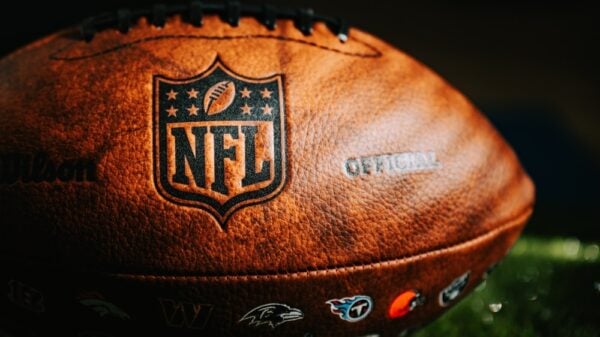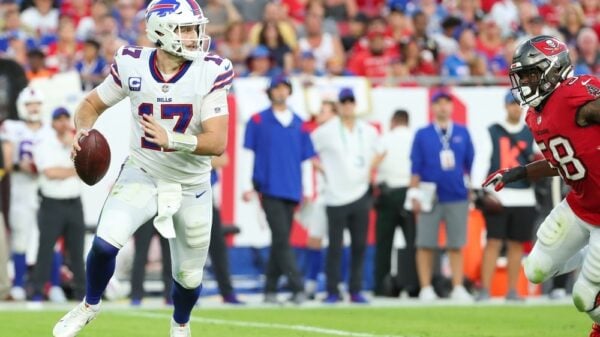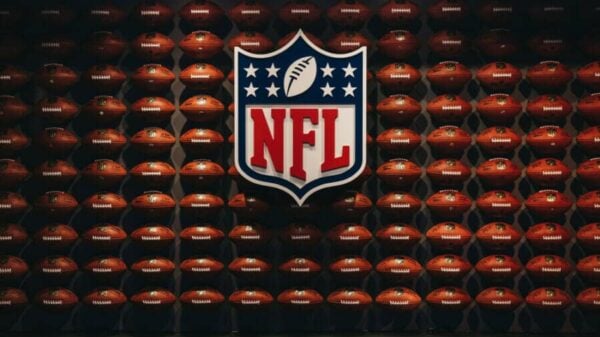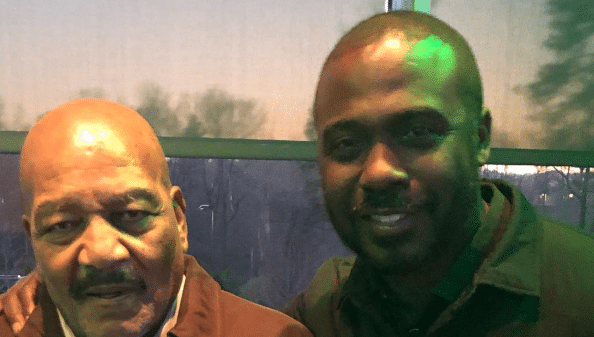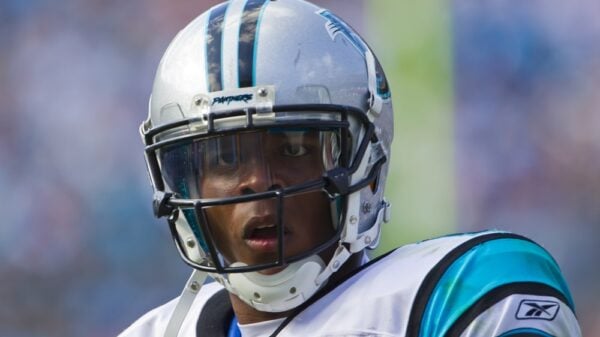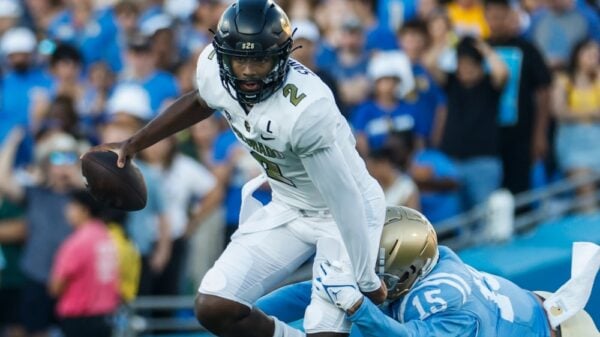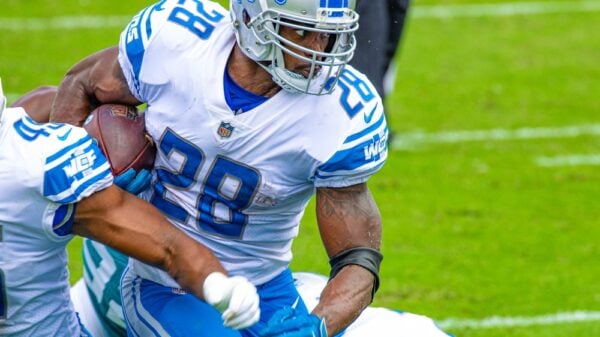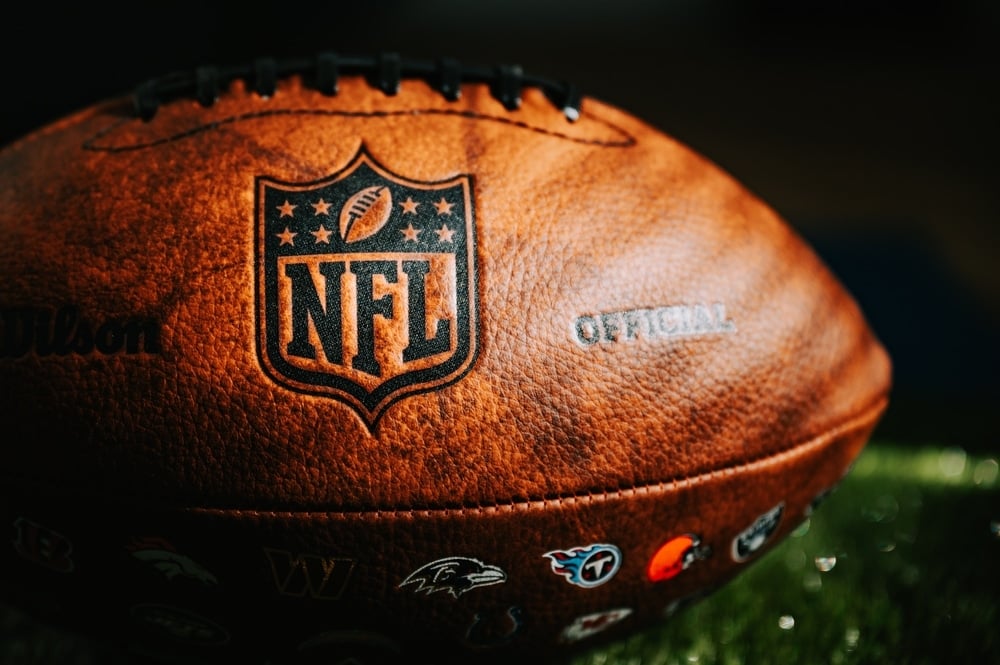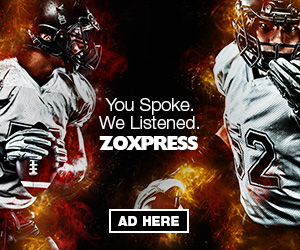As wildfires rage on in Los Angeles, the NFL faced an unusual challenge that led to the relocation of the upcoming wild card playoff game between the Los Angeles Rams and the Minnesota Vikings. The game will now take place at State Farm Stadium in Glendale, Arizona, a decision announced on Thursday due to significant public safety issues. The league acknowledged the adverse effects of poor air quality and the pressure playoff events could impose on local law enforcement and firefighting resources, already stretched thin by the crisis.
You might be asking why this matters. It’s not merely about changing a venue; this event carries historical weight. It’s been almost a century since a postseason game was moved—back in 1936, poor ticket sales for the National Professional Football League championship in Boston led to a switch to New York. This latest decision highlights the NFL’s commitment to community safety over spectacle, particularly in these challenging times.
For fans who had been looking forward to their Monday night at SoFi Stadium, the NFL provided clear options: they could request a refund or apply the amount towards future events. Those still keen to experience the action live had the opportunity to purchase tickets shortly thereafter. Season ticket holders had priority access, followed by the general public. In a short span of only two hours, over 52,000 tickets were sold, with about 35,000 going to Rams season ticket holders exclusively. To facilitate the transition, the Rams coordinated bus transport directly from SoFi Stadium for fans traveling to Glendale.
It’s a complex situation—local businesses in LA anticipated a boost in revenue, now likely redirected to Arizona instead. “The gate was set to be substantial in LA, and it’s going to be significantly lower here at State Farm Stadium,” commented Marc Ganis, president of SportsCorp. While NFL teams typically focus on ticket, concession, and parking revenues, for the Rams, the actual financial impact of one game may be less significant than expected.
Despite the loss of local revenue, it’s worth noting that the Rams, ranked as the second most valuable team in the NFL—reporting around $800 million in revenue for 2023—are unlikely to fret over a game day generating a million or two. They are equipped to manage the logistical challenges of such a game relocation, regarding it more as an additional opportunity than an inconvenience.
In a show of solidarity, the Cardinals have provided considerable assistance to the Rams, including team flights and access to their training facilities, illustrating the interconnected nature of the NFL community during tough times.
As Glendale braces for the influx of fans, local businesses are set to reap the benefits. Historically, playoff games generate considerable local spending, and with both teams’ fanbases converging, even the Cardinals’ lack of playoff enthusiasm might be forgotten. It has been quite a while since the Cardinals hosted a playoff game—specifically, since 2015.
On the sponsorship side, companies like State Farm might find some visibility benefit in this situation, despite their recent challenges with California insurance policies. California, however, could lose nearly $1 million in income taxes from players shifting their presence to Arizona. With Arizona boasting a lower tax rate than California’s top rate of 12.3%, these funds will remain in the pockets of players, a small, yet significant gain during these tough times.
The NFL’s revenue model, significantly supported by media agreements, highlights how crucial playoff games are to its financial structure. As part of this intricate ecosystem, the stakes are particularly high; reports suggest Amazon is investing $150 million to stream its wild card game. Fans will have access to the game across multiple platforms, including ABC and ESPN, ensuring the excitement persists, regardless of location.
On the philanthropic front, the NFL is responding meaningfully. Affiliates have committed an impressive $5 million to aid those affected by the wildfires, with substantial contributions from both the Rams and the Vikings. Meanwhile, the overall economic impact of these wildfires looms heavily over the state—estimated to exceed $50 billion—compounded by the emotional toll of lives lost.
For the game day atmosphere, the LA Chargers and Rams will wear custom apparel, with proceeds benefiting local charities, while a nearby venue will host watch parties, with all revenue directed toward fire relief efforts.
This situation transcends mere game relocation; it emphasizes resilience amid adversity. The NFL community stands ready to reaffirm that, through every difficult twist and turn, we are united—not just as fans but as neighbors committed to uplifting those facing hardship.


